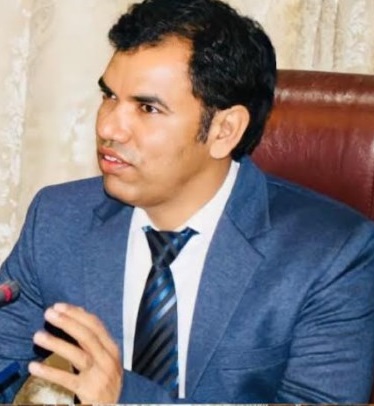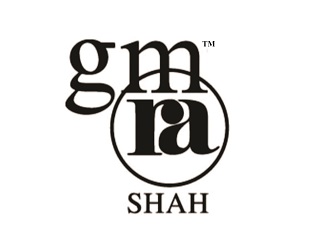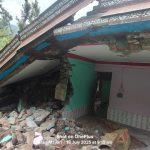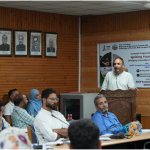Srinagar, Feb 18: Lack of water filtration and testing facilities in several areas of Kashmir is putting people’s health at risk with people demanding the intervention of Jal Shakti Department.
In north Kashmir’s Yadipora, Hyderbeigh in Pattan town residents said a filtration plant was set up five years ago by the PHE Department. However, it developed a technical snag after a few months in its water motor but that has not been repaired so far.
Sajad Ahmad, a resident, said they now get the drinking water directly from a canal that comes directly from Tangmarg which is also contaminated and can cause diseases.
“Last year, many people were tested positive for some water-borne diseases and many of them had skin infections which is a serious concern,” the resident said. “When it rains, we get dirty water which is not fit for drinking purpose, leave alone the testing.”
Similarly, Mawer area of Handwara also lacks water filtration plants and there is no water testing lab due to which people are suspicious of catching water borne infections.
“We get direct water from canals and streams. The water is not tested which is a serious concern. Filtration plant is the basic facility but we have been neglected from such a facility,” said a resident of Mawer.
Khalid Ahmad, from south Kashmir’s Pulwama district said even though people know the water is contaminated they are not acquainted with lab testing facilities where they will go and get water tested.
“Government needs to encourage people to go for water testing and they should make people aware of it. This can prevent spread of waterborne diseases,” he said
Shafat Ahmad, a resident of Tarhama, Tangmarg said there is no water filtration facility in the areas and people get contaminated drinking water. The area also lacks a testing lab.
“We have a water pipeline that comes from Utitoo village, but that is too old and its pipes are damaged and have not been replaced or repaired so far,” he said.
Two days ago, seven people were infected with Hepatitis A virus due to contaminated water in Ganowpora and Watho villages in south Kashmir’s Shopian district. The water samples in as per health officials have failed the purity test.
“The people were using spring water and there are no boundary walls for the river where from the water comes which is why it gets contaminated with groundwater,” said a doctor, who was part of a team of epidemiologists of health department that visited the area.
“We have taken up the matter with the PHE Deptment many times. Once there is any Hepatitis outbreak, local PHE local authorities are taken on board to rectify the matter,” he said.
In the past also southern Kashmir districts have been in news for hepatitis A, B and C cases which were mostly reported in winter months and reported by Rising Kashmir.
Chief Engineer PHE (Jal Shakti) Department, Kashmir, Basharat Jeelani Kawoosa said the department routinely takes samples from consumer point and from water sources. “We have given field testing kits to Panchayats to do the testing and then report it and they report it,” he said.
He said the department has labs and sample collectors take the samples on regular basis in different areas and get it analyzed in district or sub-divisional testing labs.
“We are in the process of getting the labs accredited by the National Accreditation Board for Testing (NABL). Nine out 10 labs in Kashmir are already accredited and Shopian is one of them,” he said.
The PHE Department, he said, is in the process of upgrading all the systems to ensure that people get quality water in rural areas.
“In Shopian expansion is going to take place soon. A scheme has been proposed where they will be having a rapid filtration plant at some other surface water source,” he said.
Basharat said the department doesn’t have testing labs at every installation. “We have labs at district and sub-division level. The major installations have testing facilities,” he said.
He also said under Jal Jeevan Mission (JJM), whole rural Kashmir is being covered with portable drinking and the J & K government has set a target to complete the JJM scheme till 2023.
“So far above 62 percent of the population in Kashmir is already covered under tap water connections and have a regular supply of drinking water,” the CE said.
Lack of water filtration, testing facilities puts people’s health at risk
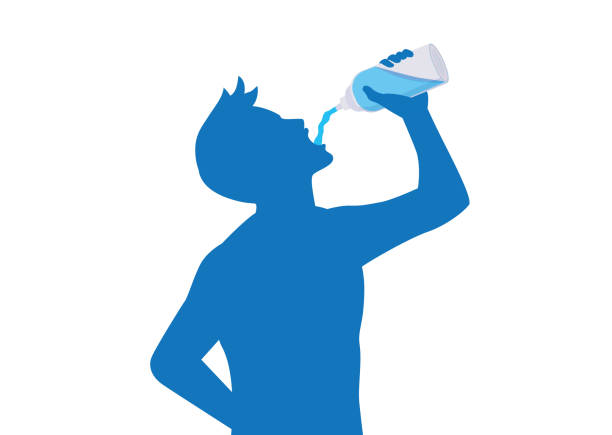
Leave a Comment
Leave a Comment


